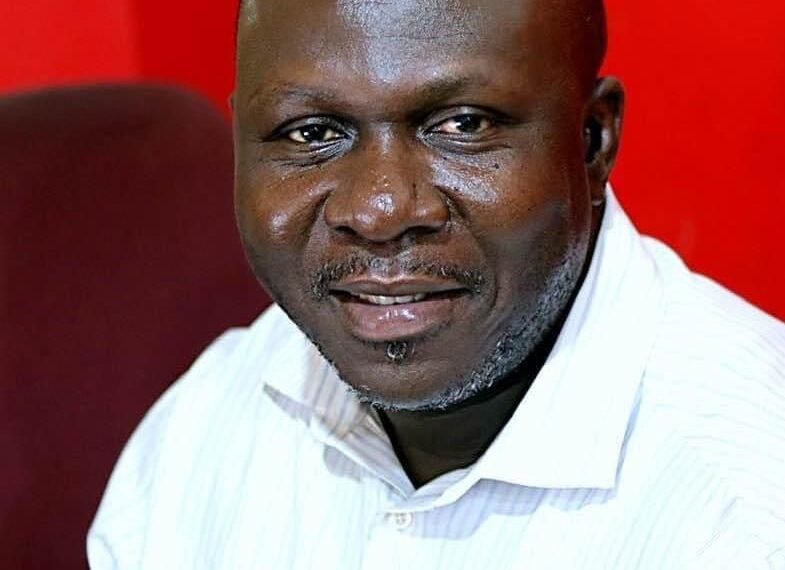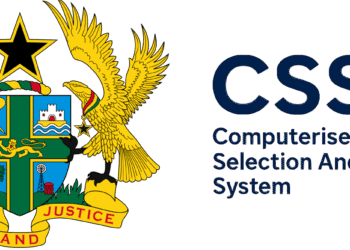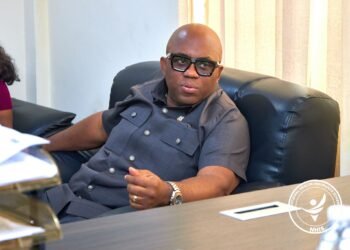Elvis Darko, a political analyst, has sharply criticised the Office of the Special Prosecutor (OSP) over its handling of the ongoing matter involving former Finance Minister Ken Ofori-Atta, questioning the rationale behind the OSP’s insistence on Ofori-Atta’s physical presence in Ghana before progressing with legal action.
Speaking in a comprehensive commentary, Darko raised critical concerns about what he sees as a flawed prosecutorial approach, arguing that the law does not require physical presence for proceedings to advance if sufficient evidence exists.
“People have been tried and convicted in absentia everywhere in the world. So I don’t know what specifically is the reason for the OSP saying that without Mr. Ofori Atta appearing physically, he cannot gather his evidence and go to court.
“It beats my mind a little because if you really have the evidence that is needed, you go to court”
Elvis Darko, Political Analyst
“Madam Sedinam Tamakloe – Was she not convicted in absentia?” Darko asked, referencing a high-profile precedent to challenge the OSP’s stance.
“Was she not out of the jurisdiction for so many months – almost over a year before the judge actually delivered his judgment? Did her absence in the country prevent the judge from delivering a judgment on the case? Was she not represented by her lawyers in court?”
Elvis Darko, Political Analyst
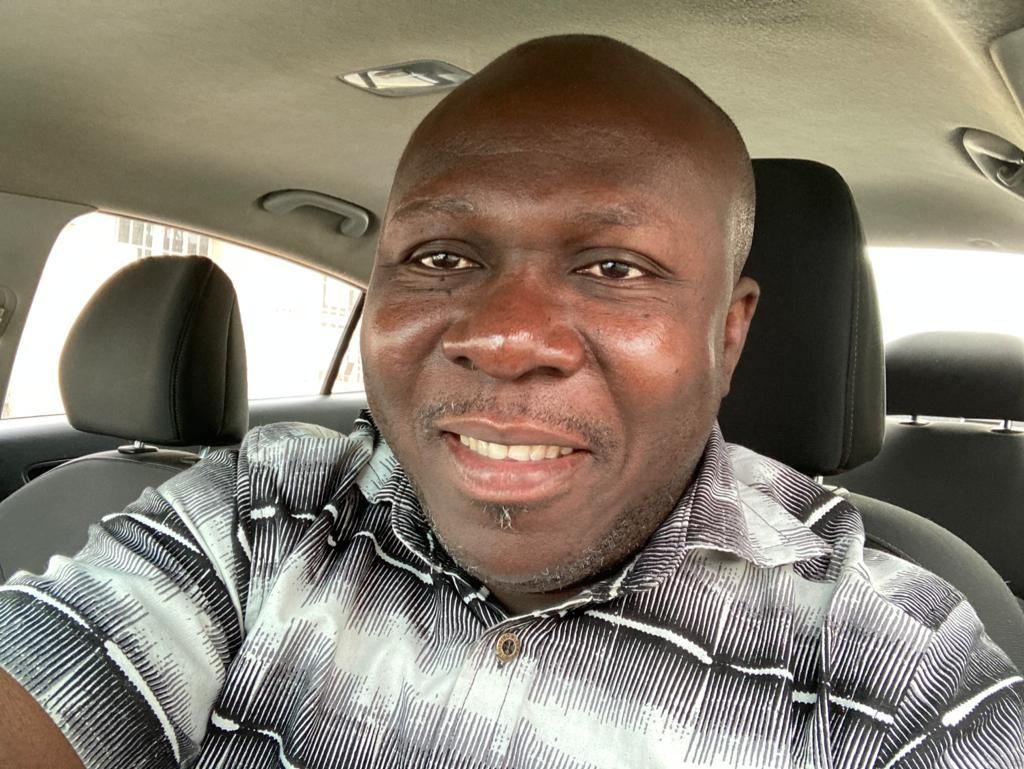
Darko expressed dismay at what he considers the OSP’s unnecessary rigidity regarding the former minister’s location, noting that absence has not historically hindered the pursuit or delivery of justice.
In Darko’s view, the OSP’s logic is inconsistent with Ghanaian legal practice and global norms. “I am finding it a bit difficult to understand the particular reason why at all costs Mr Ofori-Atta has to be present,” he remarked. His concern suggests a belief that the OSP may be relying more on optics than substance.
He added that per the law, By law, Ofori-Atta could come and sit at the OSP’s office and not answer any question asked since he is at liberty to do so and insist that “if you have any case, take me to court.”
Legal Alternatives Overlooked
Darko insisted that investigative and prosecutorial action should proceed if the evidence already exists, regardless of Ofori-Atta’s physical absence. He advised that the OSP could document its queries and deliver them through legal counsel.
“Write and ask for the specific answers he is looking for from the man and send it to him through his lawyers as he has requested,” Darko suggested, maintaining that the OSP does not need Ofori-Atta’s appearance to act.
“If the answers come and he [OSP] is not satisfied, go to court. If the answers do not come, go to court – because that’s why the court is there”
Elvis Darko, Political Analyst
Darko further challenged any notion that in-person interrogation would yield superior results, asking rhetorically, “Are you going to torture the answer out of him?” He noted that by law, silence is a right and not an obstruction to justice.
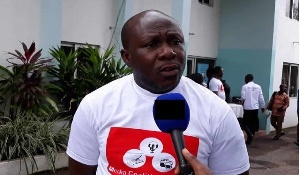
Beyond the specific case of Ofori-Atta, Darko expanded his criticism to the broader effectiveness of the OSP since its inception. Darko highlighted a perceived disconnect between the OSP’s public declarations and actual legal progress.
“When the OSP is making a statement, sometimes it looks as if the OSP does not have evidence and is now fishing for evidence,” he observed.
He cited the case of Strategic Mobilisation Ghana Ltd (SML) as an example of vague accountability. “If you say the SML deal, what about the SML deal? If you say VAT refund account, what about it?” Darko demanded, questioning the specificity and public accessibility of the OSP’s evidence.
Darko concluded his critique by noting the reputational toll suffered by the OSP, adding that it had only recently secured a conviction related to payroll fraud in the North, which he described as the exception rather than the rule.
In contrast, he credited traditional institutions with a better track record over the same period. “If you compare that to the OSP you will be tempted to say that the OSP is irrelevant,” he stated, referencing the relative success of the Police CID and other bodies.
As calls mount for accountability and efficiency within Ghana’s anti-corruption framework, the questions raised by Darko intensify the pressure on the Office of the Special Prosecutor to demonstrate both competence and transparency in its pursuit of justice.
READ MORE: Expert Hails Ghana’s Oil Revival as Tullow and Eni Restart Drilling

